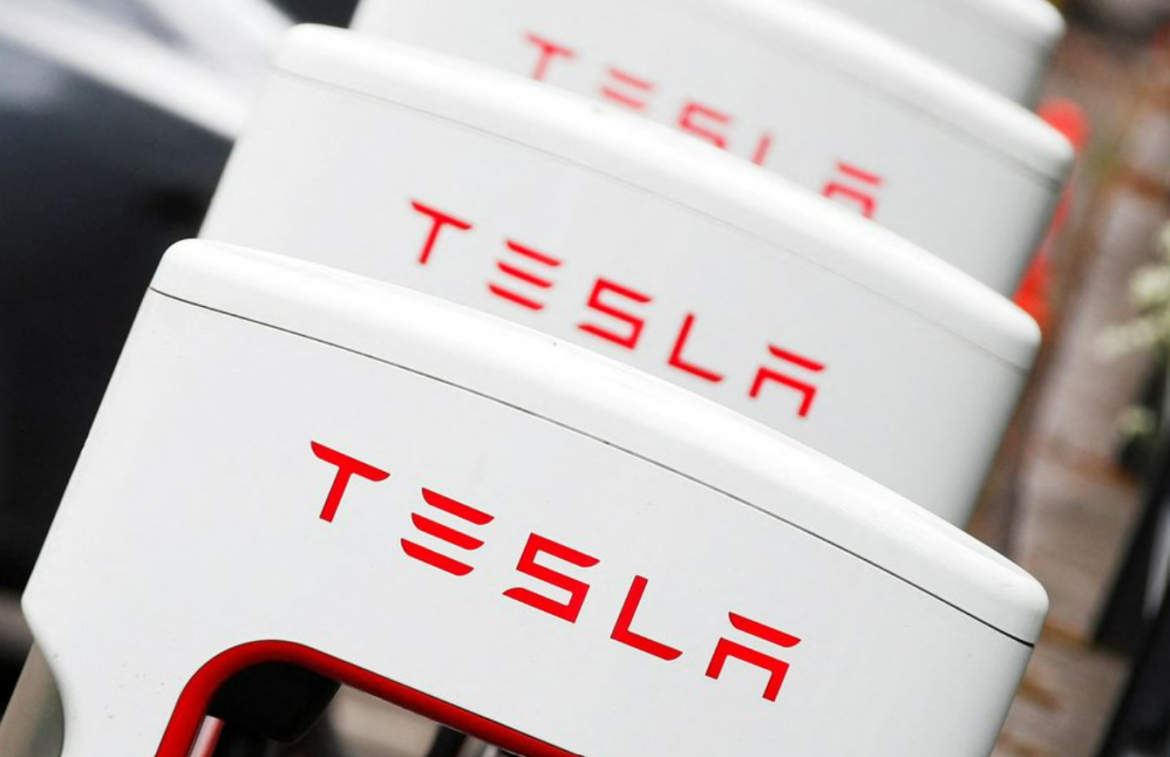Morgan Stanley analysts predict that Tesla’s Dojo supercomputer, designed for training self-driving car AI models, could catapult the automaker’s market value by almost USD 600 billion. The innovative technology is expected to enhance the adoption of robotaxis and Tesla’s software services, ushering in a transformative era for the electric vehicle (EV) manufacturer.
Dojo: The Game-Changer
Tesla initiated the production of Dojo, its supercomputer dedicated to AI model training, in July. The company is committed to investing over USD 1 billion in Dojo through the upcoming year. Morgan Stanley analysts, led by Adam Jonas, believe that Dojo’s capabilities extend far beyond conventional vehicle sales, opening up new markets with groundbreaking potential.
Expanding the Horizon
Morgan Stanley envisions Dojo as a technology that can equip vehicles with the ability to “see” and “react” autonomously. This technological leap hints at the possibility of creating markets beyond traditional vehicle sales. Any device equipped with a camera that can make real-time decisions based on its visual input becomes a candidate for disruption.
Tesla’s Upgraded Status
Impressed by the potential of Dojo and its far-reaching implications, Morgan Stanley upgraded its recommendation for Tesla’s stock from “Equal-weight” to “Overweight,” designating it as their “top pick,” surpassing even Ferrari’s U.S.-listed shares. In premarket trading, Tesla shares surged by nearly 5.7%, reaching USD 262.63.
Bold Market Cap Projection
Morgan Stanley raised its 12-18 month target for Tesla’s shares by a staggering 60%, setting it at USD 400, the highest among Wall Street brokerages according to LSEG data. This projection would place Tesla’s market capitalization at approximately USD 1.39 trillion. This figure stands significantly higher than the current market value of approximately USD 789 billion, with Tesla’s stock closing at USD 248.5 on the previous Friday.
The Software and Services Advantage
Dojo’s primary value lies in the realm of software and services. Morgan Stanley has revised its revenue estimate for Tesla’s network services business in 2040, increasing it to USD 335 billion from the previous USD 157 billion. Jonas anticipates that this segment will contribute to over 60% of Tesla’s core earnings by 2040, nearly doubling from 2030. The growth is driven by opportunities in third-party fleet licensing and higher average monthly revenue per user (ARPU).
Leading the Pack
Despite its rapid growth, Tesla’s 12-month forward price-to-earnings ratio of 57.9 significantly outpaces traditional U.S. automakers like Ford at 6.31 and General Motors at 4.56.
Tesla’s trajectory, fueled by innovations like Dojo, sets a bold course for the future, with potential market value gains on the horizon. Investors and industry enthusiasts eagerly await the unfolding of this remarkable journey.



